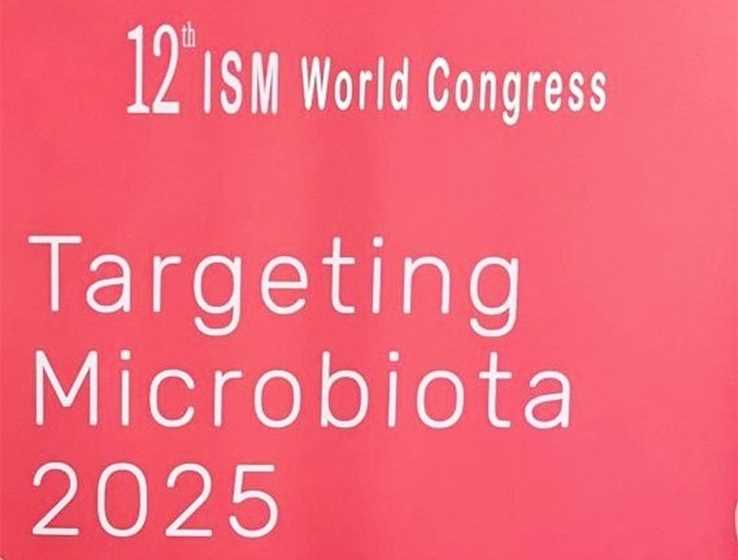The widest range of benefits
More than 35 studies over 25 years, showing clinical health and other benefits
The Lab4 family of probiotics consortia have been identified, isolated and cultured by industry experts who continue to study and develop their benefits and commercial viability and opportunities.
Health Solutions
The Lab4 family of probiotics consortia are adapted to the human gut with demonstrable ability to survive stomach acidity and bile. The probiotic strains used in the Lab4 Probiotics consortia have been identified as having specific characteristics that work in synergy to provide clinical health benefits.
Our Research
Lab4 Probiotics were first identified more than 25 years ago (in 1998) based upon five years of investigation by Drs Nigel and Sue Plummer, who established Cultech Ltd (the manufacturing company that own Lab4 Probiotics) as a research-led probiotics company in 1994.
The Lab4 Probiotics blends have since been subject to dozens of studies undertaken by our team of research scientists in association with universities and hospitals around the world.
Our products
The strains used in the Lab4 family of probiotics are unique to us and have been combined into our industry-leading consortia based upon extensive research into their properties and efficacy. Our Lab4, Lab4B, Lab4P and Lab4S probiotics consortia have all shown clear benefits both in our laboratory work and in clinical trials.
Proprietary manufacturing processes
Lab4 Probiotics are produced at our state-of-the-art cGMP (current Good Manufacturing Process) manufacturing facility in South Wales in the UK, using our proprietary technology solutions. We provide a fully integrated manufacturing service, including provision of bulk raw materials, contract manufacturing, private label and branded product offerings.
Latest news
Stay up to date with news, research, and expert advice from the world of gut health and probiotics.
Our founder

Dr Nigel Plummer
Nigel Plummer PhD obtained his doctorate in microbial physiology from the University of Surrey, UK and went on to work at Pfizer in antibiotic research and development. In 1994, Dr Nigel Plummer and Dr Sue Plummer founded their own company, focused on the manufacture of probiotics and other nutritional supplements, with a vision of building a company driven by scientific research and innovation.
Throughout his career, Dr Plummer has been actively involved in research, specialising in probiotics, natural antimicrobials and omega-3 fish oil. He has collaborated with numerous research institutes and universities across the UK and Europe, including Addenbrooke’s Hospital Cambridge, the University of Swansea Medical School, Cardiff University, University of Sheffield Medical School and Imperial College London.
He lectures extensively across the UK, Europe and North America, and has developed a particular interest in the concept of foetal disease programming and the integrative role of probiotics on whole body health.
As founder and CEO of Cultech Ltd in the UK, Dr Plummer led the development of the family of Lab4® probiotic consortia with his research team over 25 years ago, and has remained committed to supporting its efficacy through ongoing research and development.


